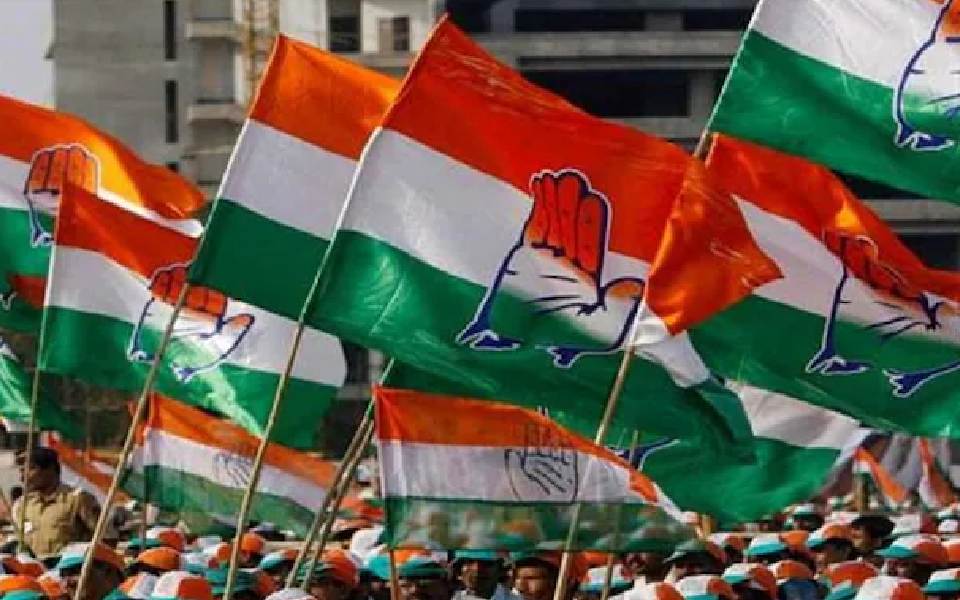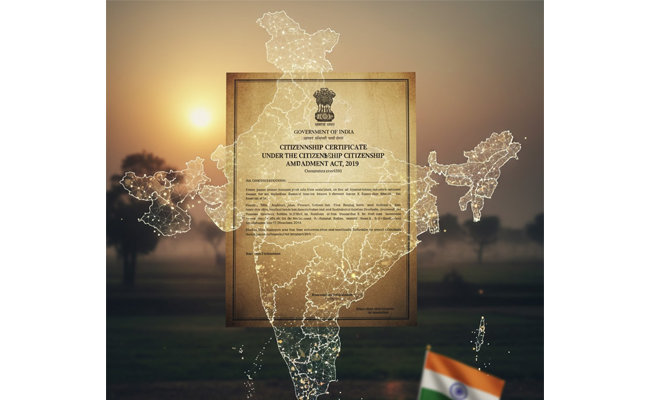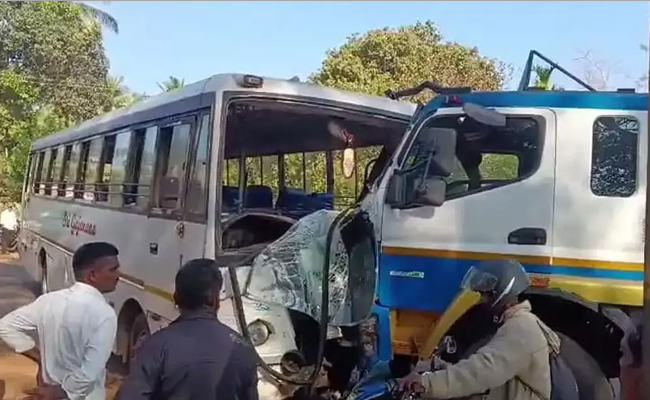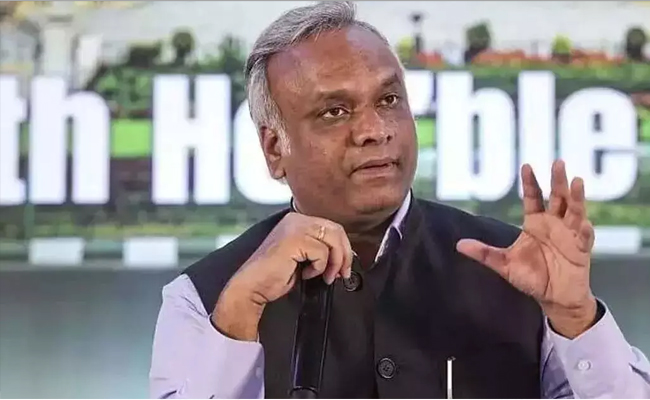New Delhi: As the polling has ended in Haryana’s 90 Assembly constituencies today, the Matrize Exit Poll has projected a challenging outcome for the ruling Bharatiya Janata Party (BJP), predicting it to win between 18-24 seats. The Congress is expected to make a comeback with 55-62 seats, while the Indian National Lok Dal (INLD) is likely to be limited to 3-6 seats. The Jannayak Janta Party (JJP) is likely to secure around 3 seats, and other parties are expected to win between 2-5 seats.
As of 5 pm, voter turnout stood at 61%, indicating a keenly contested election. The BJP, which aims to secure a third consecutive term in the state, is facing a tough battle as the Congress seeks to regain power after being out of office for nearly a decade.
In the previous assembly elections, exit polls had projected varying outcomes. India Today had predicted 38 seats for the BJP and 36 for Congress, while ABP-C Voter projected a landslide with 72 seats for the BJP and 8 for Congress. News 18-IPSOS estimated a BJP victory with 75 seats and 10 for Congress. However, the final results led to a hung Assembly, with no party securing a majority. The BJP eventually formed the government with the support of the JJP and several Independent MLAs.
This time, with exit polls indicating a possible shift in voter preference, all eyes are on the final results to see if Congress can indeed stage a comeback or if BJP will retain its hold in the state.
Let the Truth be known. If you read VB and like VB, please be a VB Supporter and Help us deliver the Truth to one and all.
Dehradun(PTI): After undergoing rigorous training at the Indian Military Academy (IMA) in Dehradun, 491 cadets participated in a grand Passing Out Parade on Saturday and will now be commissioned as officers in the Indian Army.
The spectacular parade, held at the historic Drill Square in front of the academy's Chatwood Building, was reviewed by Army Chief General Upendra Dwivedi, who served as the reviewing officer.
Along with 491 Indian cadets, 34 foreign cadets from 14 friendly countries also participated in the Autumn Term 2025 Passing Out Parade.
A total of 525 officer cadets from the 157th Regular Course, 46th Technical Entry Scheme, 140th Technical Graduate Course, 55th Special Commissioned Officers Course, and Territorial Army Online Entrance Exam 2023 Course participated in the Passing Out Parade.
The 'Sword of Honour' and gold medal for securing first place during training was awarded to ACA Nishkal Dwivedi, the silver medal to BUO Badal Yadav for second place, and the bronze medal to SUO Kamaljeet Singh for third place.
The silver medal for securing first place in the 'Technical Graduate Course' was awarded to Officer Cadet Jadhav Sujit Sampat, and the silver medal for first place in the 'Technical Entry Scheme-46' was awarded to WCC Abhinav Mehrotra.
The silver medal for the 'Special Commission Officer Course' was given to Officer Cadet Sunil Kumar Chhetri.
Among the foreign cadets, the first place in merit was secured by JUO Mohammad Safin Ashraf from Bangladesh. The Army Chief's Banner for overall best performance in the Autumn Term was awarded to Imphal Company.
As the parade concluded, helicopters showered flowers on the newly commissioned officers from the sky.
On this occasion, General Dwivedi congratulated the new officers in his address for successfully completing their training. He praised the young officers for their high level of discipline, leadership qualities, and endurance, and urged them to uphold the glorious traditions of the Indian Army and serve the nation with loyalty, commitment, and honour.
General Dwivedi said that joining the army marks the beginning of a lifelong duty and selfless service.
The parents and guardians of the newly commissioned officers were also present during the passing out parade.





